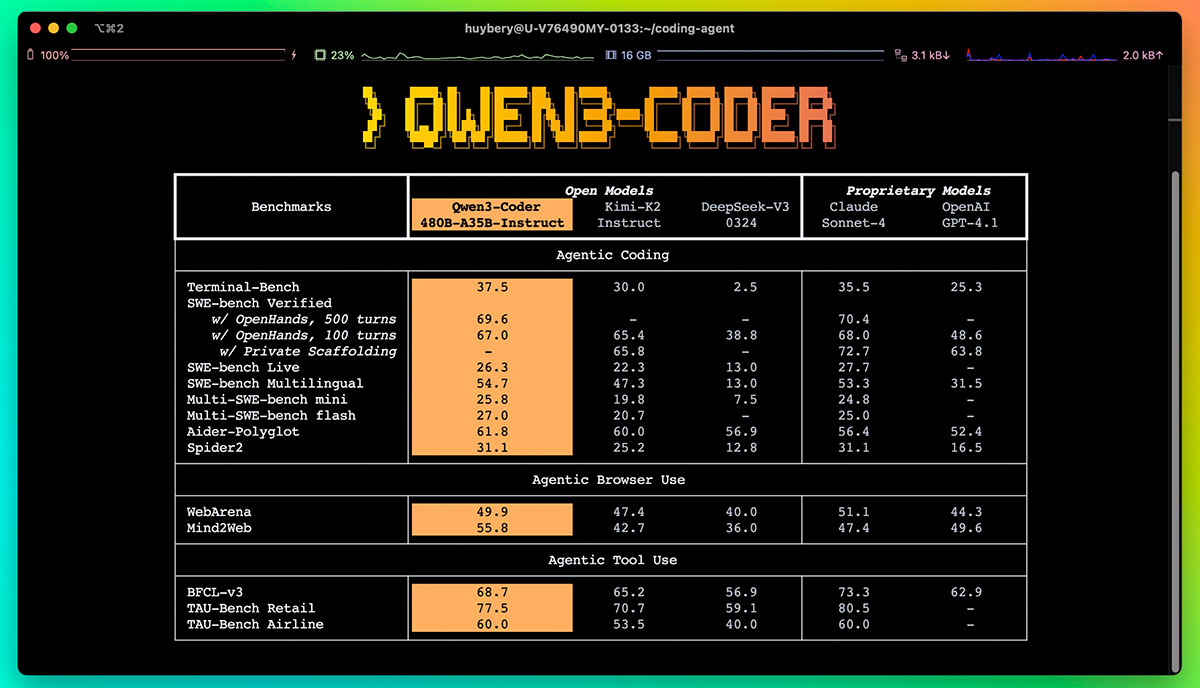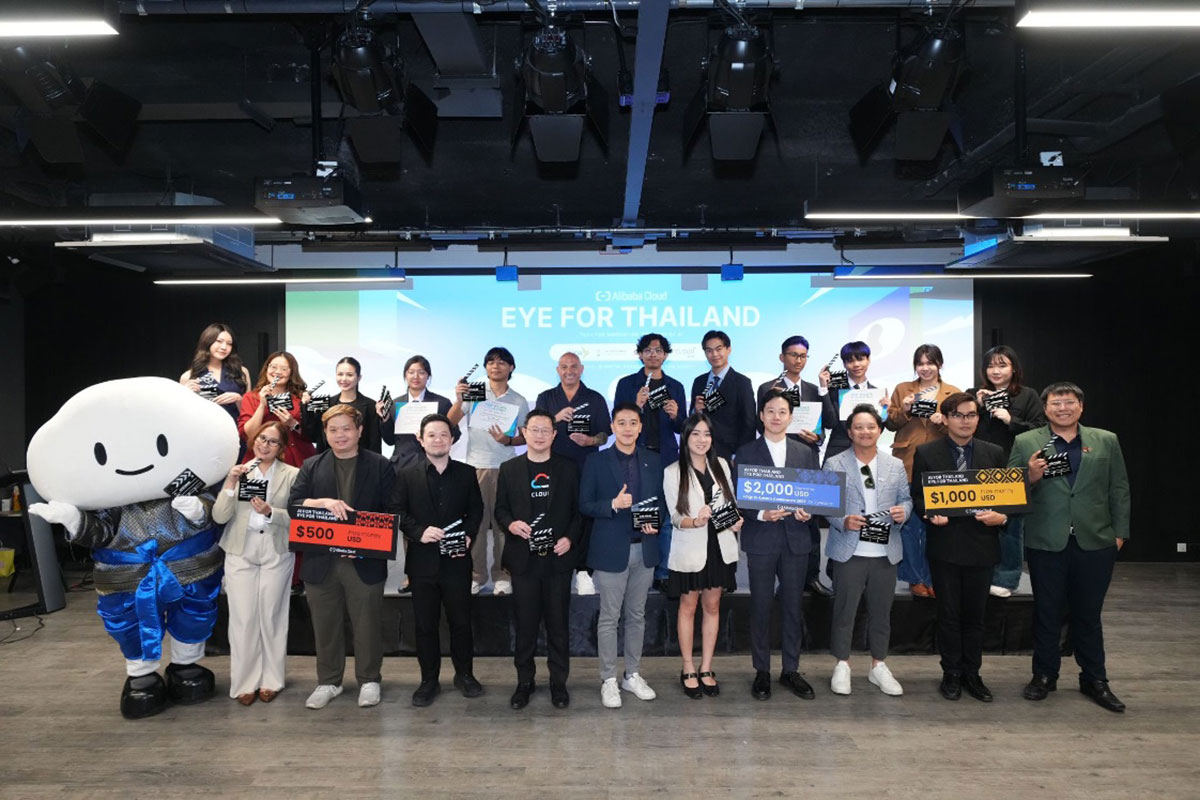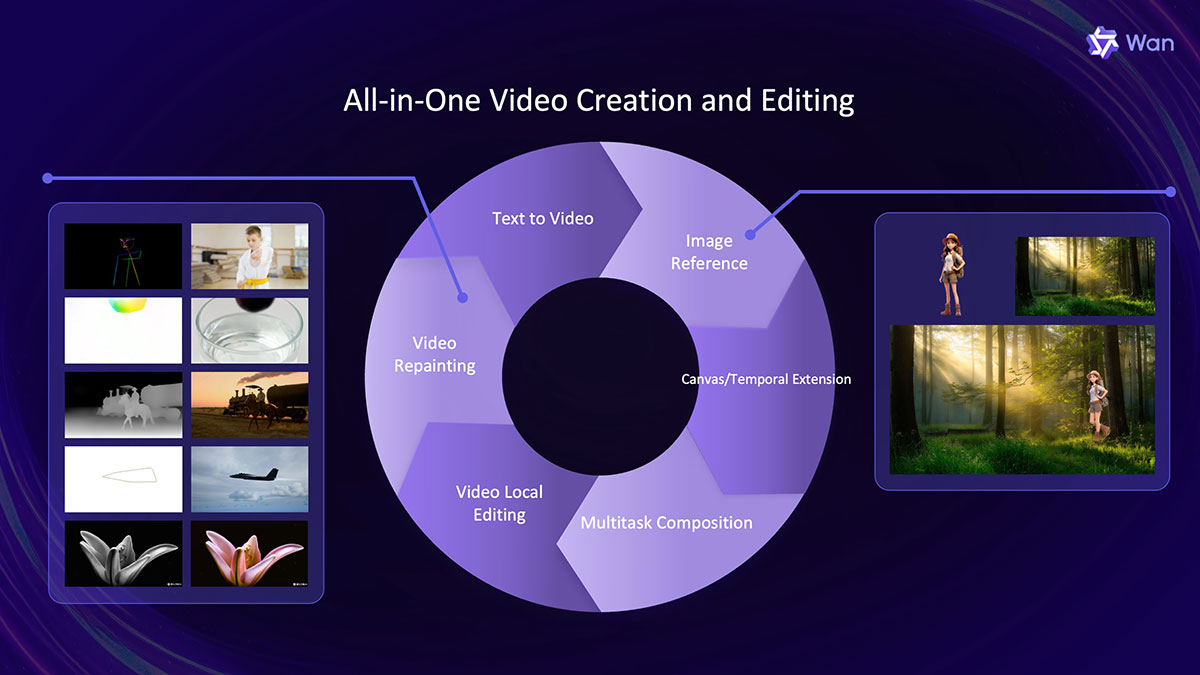Alibaba Unveils Cutting-Edge AI Coding Model Qwen3-Coder
Alibaba has launched Qwen3-Coder, its most advanced agentic AI coding model to date. Designed for high-performance software development, Qwen3-Coder excels in agentic AI coding tasks, from generating new codes and managing complex coding workflows to debugging across entire codebases.
Built on a Mixture-of-Experts (MoE) architecture, this open-sourced model Qwen3-Coder-480B-A35B-Instruct, which has a total of 480 billion parameters but activates 35 billion parameters per token, delivers efficiency without sacrificing performance. The model achieves competitive results against leading state-of-the-art (SOTA) models across key benchmarks in agentic coding, browser use, and tool use.
Additionally, Alibaba is open-sourcing Qwen Code, a powerful command-line interface (CLI) tool that enables developers to delegate engineering tasks to AI using natural language. Optimized with custom prompts and interaction protocols, Qwen Code unlocks the full potential of Qwen3-Coder for real-world agentic programming. The model also supports integration with the Claude Code interface, making it even easier for developers to execute their coding tasks.
Trained on an extensive dataset of codes and general text data, Qwen3-Coder is engineered for robust agentic coding. It natively supports a context window of 256K tokens, extendable up to 1 million tokens, enabling it to process vast codebases in a single session. Its superior performance stems not only from scaling across tokens, context length, and synthetic data during pre-training, but also from innovative post-training techniques such as long-horizon reinforcement learning (agent RL). This advancement allows the model to solve complex, real-world problems through multi-step interactions with external tools. As a result, Qwen3-Coder achieves SOTA performance among open-source models on SWE-Bench Verified (a benchmark for evaluating AI models’ ability to solve real-world software issues), even without test-time or inference scaling.
Agentic AI coding is transforming software development by enabling more autonomous, efficient, and accessible programming workflows. With its open-source availability, strong agentic coding capabilities, and seamless compatibility with popular developer tools and interfaces, Qwen3-Coder is positioned as a valuable tool for global developers in software development.
The Qwen3-Coder-480B-A35B-Instruct model is now available on Hugging Face and GitHub. Developers can also access the model on Qwen Chat or via cost-effective APIs through Model Studio, Alibaba’s generative AI development platform.
Qwen-based coding models have already surpassed 20 million downloads globally. Tongyi Lingma, Alibaba Cloud’s Qwen-powered coding assistant, will soon be upgraded with Qwen3-Coder’s enhanced agentic capabilities. Since its launch in June 2024, Tongyi Lingma’s “AI Programmer” feature—offering code completion, optimization, debugging support, snippet search, and batch unit test generation—has generated over 3 billion lines of code.






